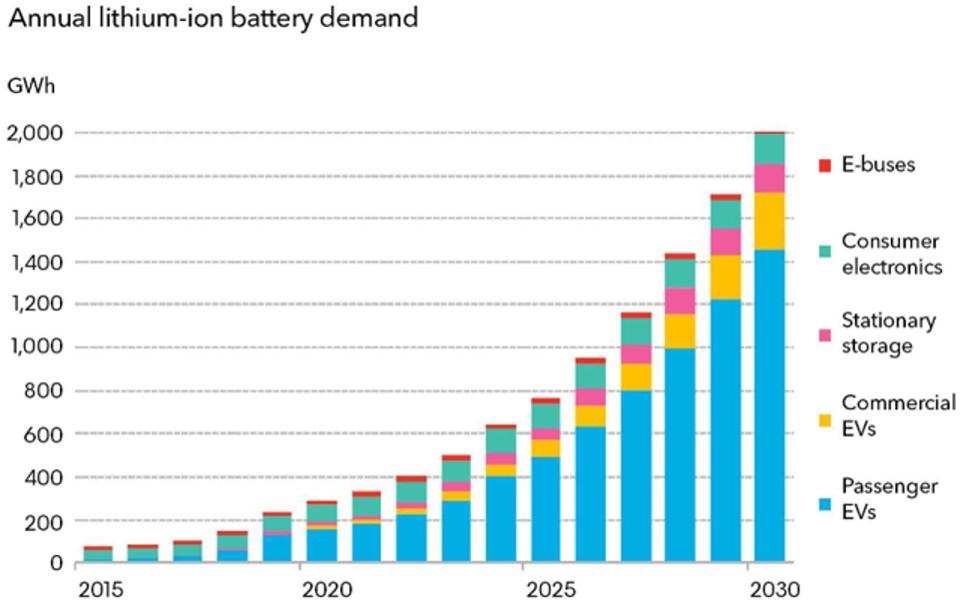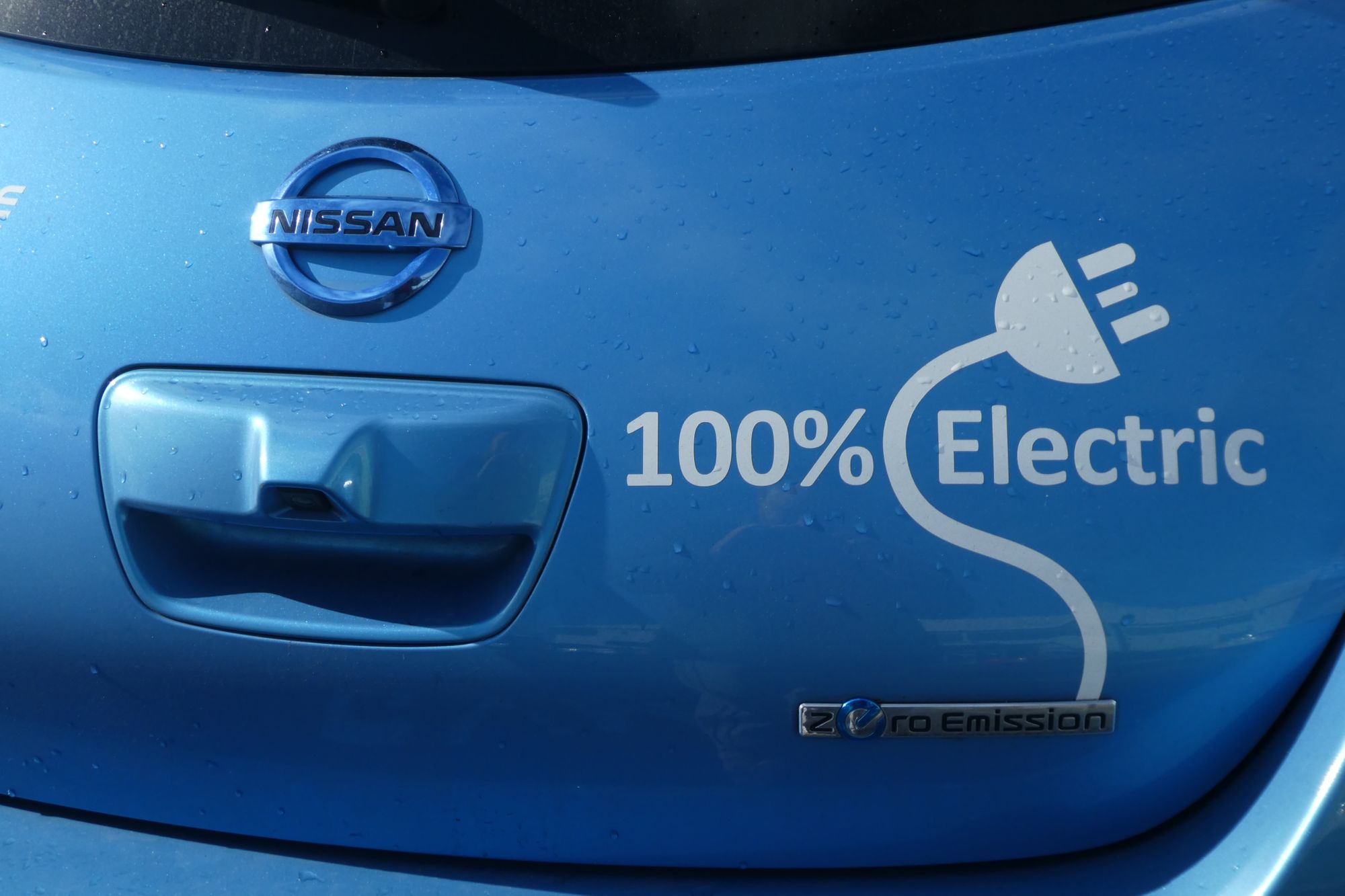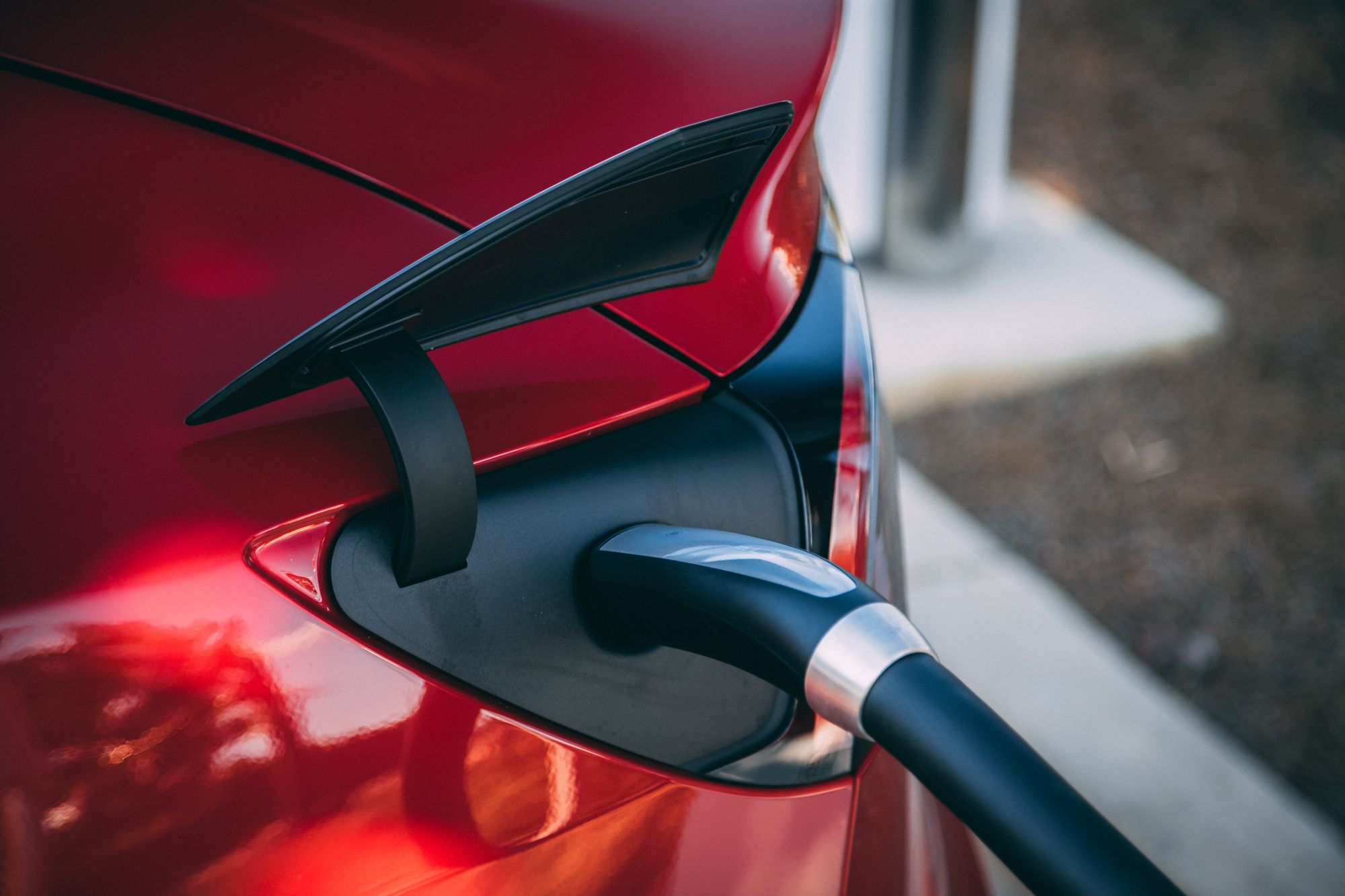ReJoule
ReJoule is a Southern California based pre-Seed startup with a huge mission: to deliver reliable, accurate, real-time health data from batteries.
ReJoule is a Southern California based pre-Seed startup with a huge mission: to deliver reliable, accurate, real-time health data from batteries. In May 2020 they were proposed to lead a consortium receiving a $2.9M grant from the California Energy Commission to prove the viability of second-life battery usage.
I’ve been working with the ReJoule team, founders Steven and Zora since 2018, helping them with sales, product, and investment strategy. When I work with startups I look for founders with a big vision and the ability to execute, and products that have the ability to touch the lives of many millions of people. ReJoule has both.
Batteries are expensive
The two biggest uses of battery capacity in the next 20 years will be transportation (think EVs, busses, e-bikes, scooters, and even planes) and stationary storage. The transportation market is driven by user demand for the product and government emissions targets. The stationary storage market is driven by the need to peak-shave or proactively manage the difference between demand (times at which consumers and businesses want to use power) and supply (times at which renewables like solar and wind are producing the most power).

As a rule of thumb, the battery system of a car that includes the battery packs themselves, the cooling systems, and the battery management system accounts for about 1/3 of the cost of the vehicle.
Data black hole
Car makers have no way of directly measuring the state of health of their batteries.
In a world obsessed with data where our every click, tap, and breath is increasingly measured and analyzed it is always stunning to discover data blackholes.

The data black hole exists because there is no suitable technology available today that can reliably measure the health status (known as state of health or SOH) of a battery. To break that down, a technology needs to be:
- Scalable in size so that it can fit into the battery management systems of a scooter, car, or e-bike.
- Scalable in cost so that it can be added to relatively low-margin high-volume products.
- Accurate so that it can measure the health status of the battery to a useful degree.
- Reliable so that it works well under real-world conditions that include heat, vibration and all manner of charge and discharge profiles.
Today car makers have no way of directly measuring the state of health of their batteries. Any measurement you may have seen in your Nissan Leaf or Tesla is an estimate only.
Costs pile up
The lack of visibility into battery health leads to costs being piled up throughout the value chain. To take the automotive use case as one example:
-
Development cycles take longer than they should do because battery engineers lack any way to measure the health status of a battery in realtime.
-
Batteries are over specced - more battery is put into the battery than is probably needed as a way to compensate for the vagaries of battery performance.
-
Warranties and insurance costs are increased - because of technical risks like fires and the uncertain degradation of batteries over time, warranties on EVs are more expensive than they would be if a suitable technology to measure battery health existed.
-
Recycling is expensive - there is some innovation in this area today, but on the whole, it costs the consumer or business money to recycle an EV, whereas a traditional ICE pays to be recycled.
-
Aftermarket valuations are inaccurate - if you have a Nissan Leaf and drive it 50,000 miles in two years and I also have a Nissan Leaf and drive it 50,000 miles in two years you might expect the two cars to have similar values on the second-hand market. This conventional thinking that applied for ICEs does not apply to EVs because factors like the average state of charge, the temperature of the vehicle, and internal battery chemistry play a big part in determining the health status of a battery. With no way to directly measure the health status of a battery, there is no way to value a used EV.
Direct measurements in real time
ReJoule’s innovation is a battery management system (BMS) that combines hardware, software and cloud components to measure the state of health (SOH) of a battery in realtime. They are unique in the market in having done this by making direct measurements of the battery rather than making predictions based on readings of temperature, charge and other factors. This makes their solution far more accurate than pure software solutions.

Some of the impacts ReJoule can have is:
-
Reducing EV and battery pack development times by giving engineers accurate, real-time data on battery state of health.
-
Letting battery designers reduce the quantity of battery materials needed to achieve a range certification by increasing the accuracy of battery health reading, leading to cost reduction as well as reduction in use of battery materials like lithium and cobalt.
-
Reducing warranty and insurance costs by reducing technical risks and improving diagnostic maintenance.
-
Enabling second life usage of batteries by allowing batteries from different vendors to be combined into one second life applicaiton.
-
Dramatically improving the accuracy of aftermarket valuations by giving dealers and repair shops a low-cost tool to measure the state of health of a battery within needed to disassemble the vehicle.
Validating the tech
With their CEC grant funding and through partnerships with carmakers, fleets and mobility companies, ReJoule is validating that its BMS works under real-world conditions.
Today ReJoule would love to talk to:
-
Car makers wishing to upgrade their BMS to add real time battery health measurement.
-
Fleets operating EVs wishing to improve their maintenance programs.
-
Dealer networks or valuation business wishing to develop tools to value used EVs.
-
Energy companies wishing to develop second-life battery applications.
-
Investors wishing to participate in what could become a key ingredient in every battery driven application in the world.
Find out more
You can sign up to ReJoule’s newsletter here or drop me of the founders an email to find out more.
